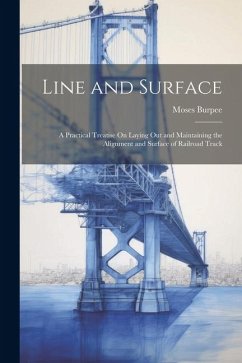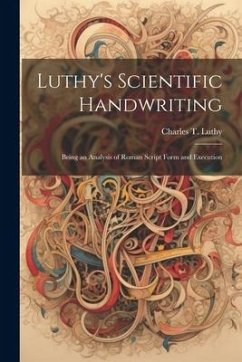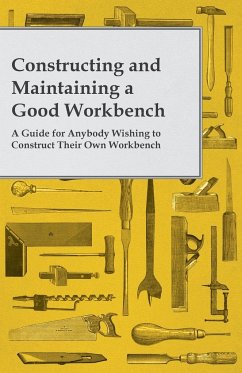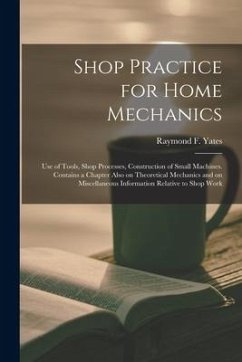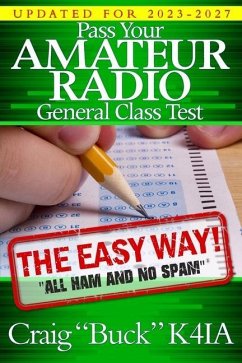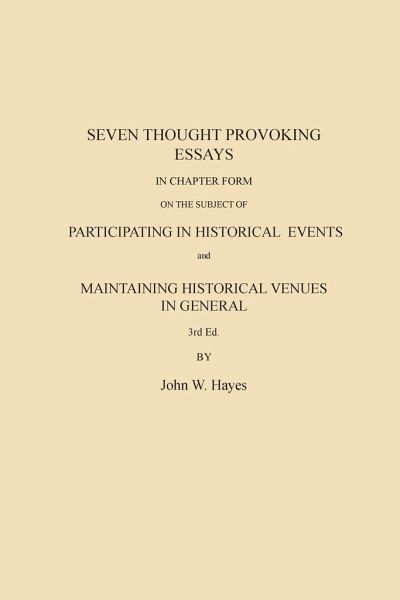
Seven Thought Provoking Essays In Chapter Form on the subject of Participating in Historical Events and Maintaining Historical Venues in General
Versandkostenfrei!
Versandfertig in 1-2 Wochen
12,99 €
inkl. MwSt.

PAYBACK Punkte
6 °P sammeln!
Observations on pre-1840's venues (muzzleloader shoots, rendezvous, time-lines, 18th & 19th century juried historical camps and trade faires), as well as, the more formal historic sites (actual military forts i.e. Ft. Ticonderoga, Ft. Loudon TN, Ft. Frederick MD; Trade Depots i.e. Grand Portage MN, Bents Old Fort) and historic residences (Locust Grove, KY, Martin's Station, VA) and the differences in participating at either type of venue. The insights gathered about participation range from planning to implementing the camp administration; from drafting the rules of the camp to enforcing those...
Observations on pre-1840's venues (muzzleloader shoots, rendezvous, time-lines, 18th & 19th century juried historical camps and trade faires), as well as, the more formal historic sites (actual military forts i.e. Ft. Ticonderoga, Ft. Loudon TN, Ft. Frederick MD; Trade Depots i.e. Grand Portage MN, Bents Old Fort) and historic residences (Locust Grove, KY, Martin's Station, VA) and the differences in participating at either type of venue. The insights gathered about participation range from planning to implementing the camp administration; from drafting the rules of the camp to enforcing those rules. In one essay the author links the subjects of "credibility" with the idea of "believability." Also addressed is the subject of why it is important for the beginner to meet the challenge of thresholds for a particular camp/venue, especially if the organizers of a venue want authentically clad and accoutered participants. To quote, "A well run event will leave the beginner with the feeling that he has hit the historical jackpot." Other issues which are commonly encountered include the rules which are enacted by organizers to provide guidance but are unfortunately seen by outsiders as "picky." In the material the reader can see that following the rules to keep modern intrusions out of our own personal and camp portrayals shows respect for our neighbors as participants in an historical venue. The author further engages the reader in a discussion of the misuse of terms such as "costume," when referring to period clothing. To wrap up the collection of essays there are some thoughts on the effects of isolating one's self from other venues and participants and the problems that it causes. The book is bolstered by an appendix which references the rules of three different tightly run historical venues, two of which are juried. The book is further illustrated with historical sketches by the Author's wife Connie.






